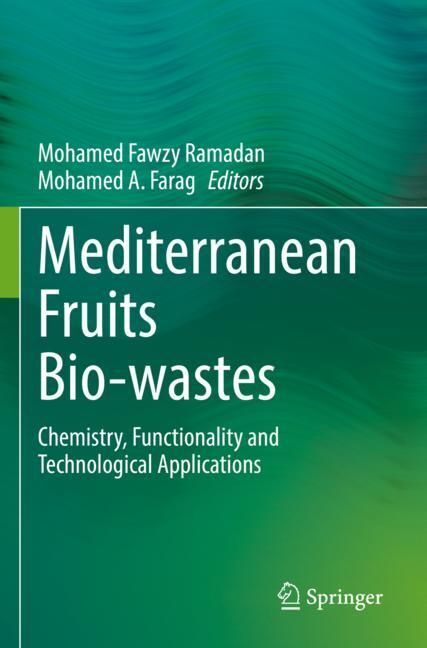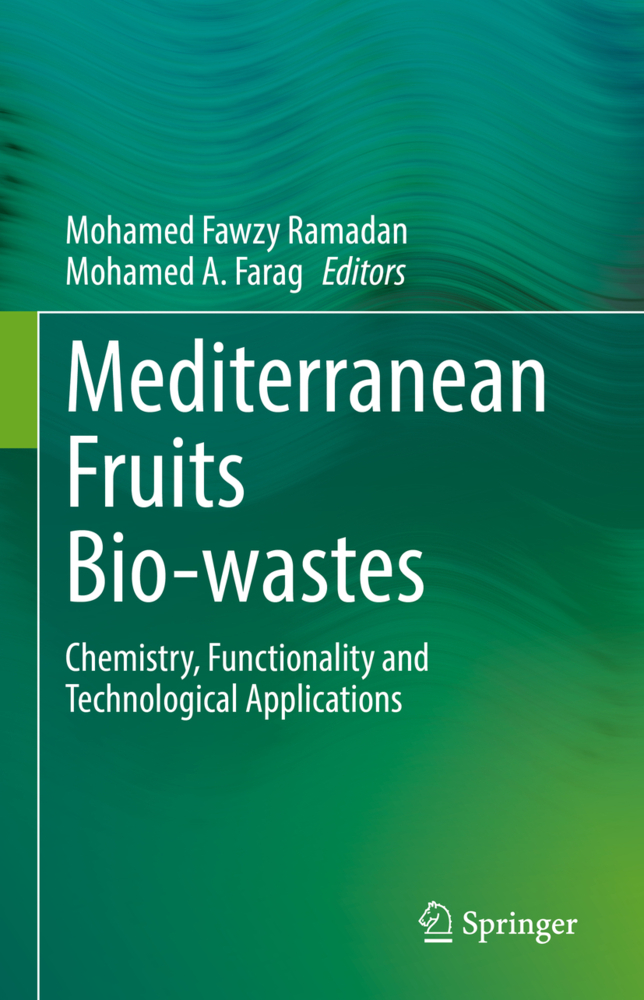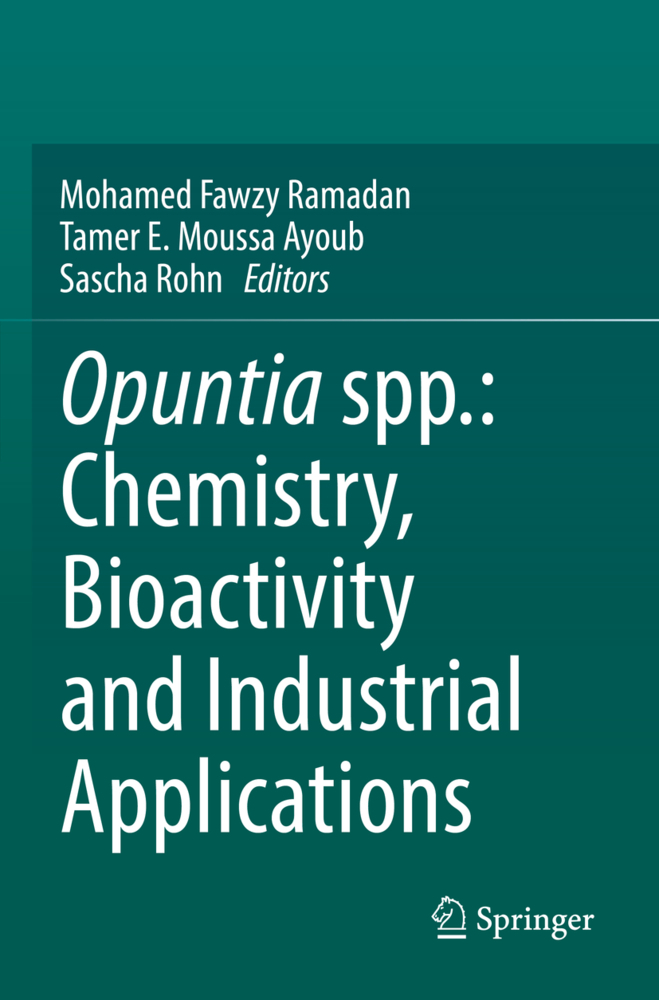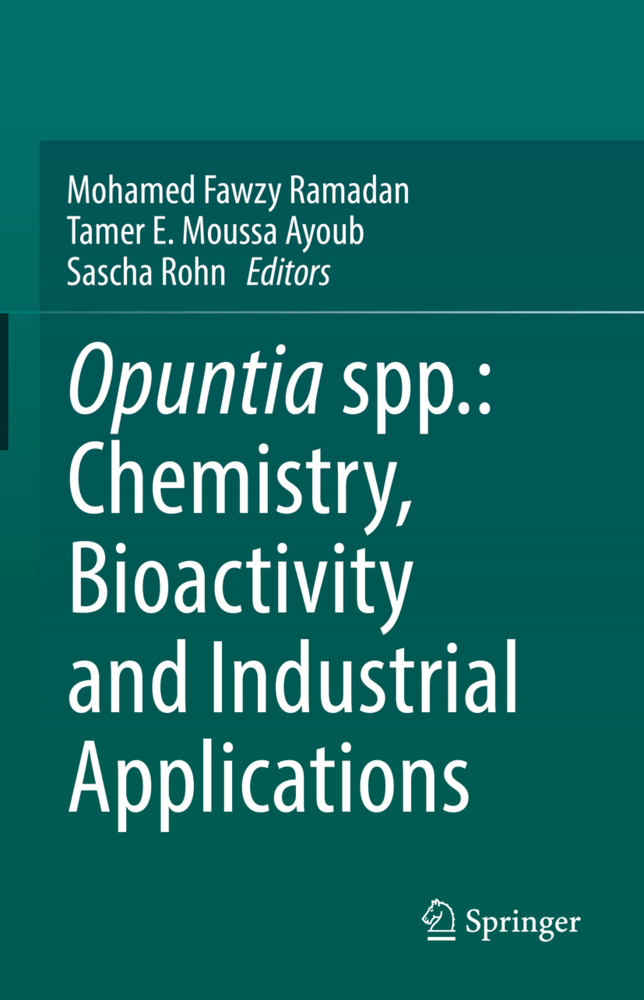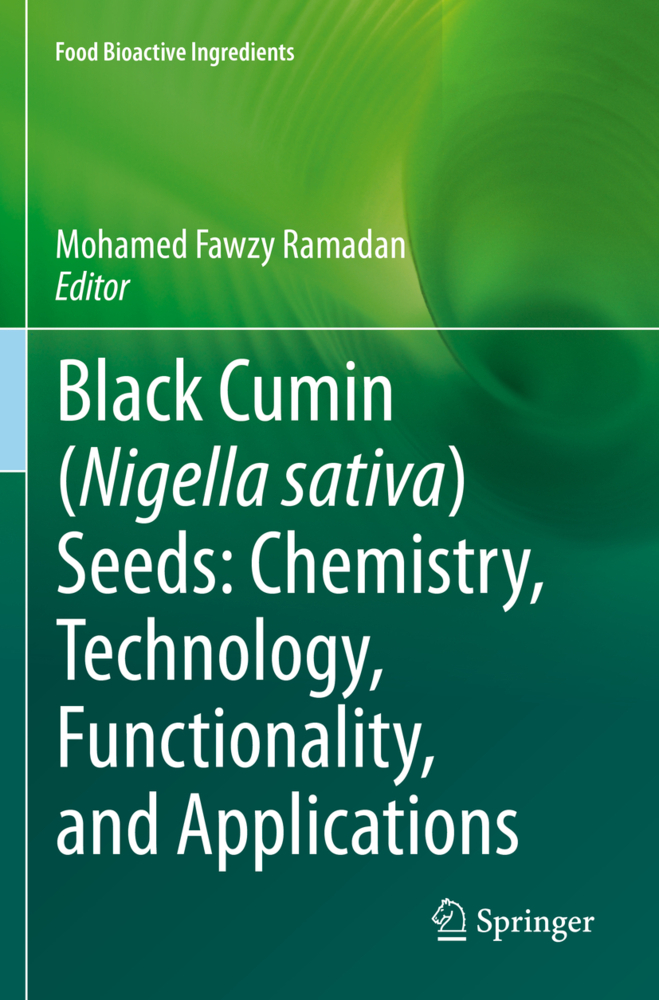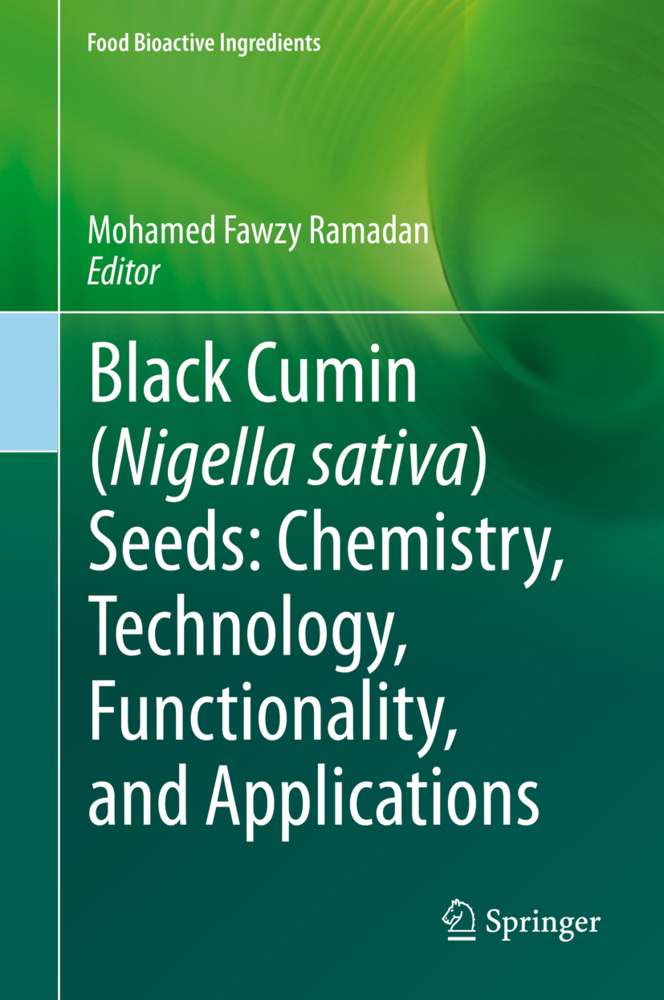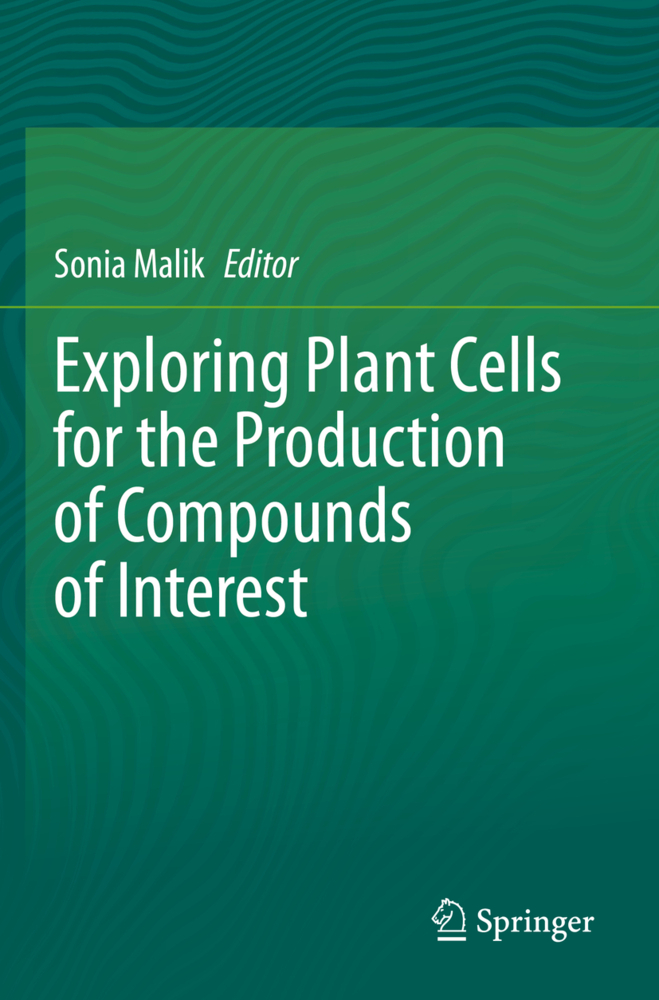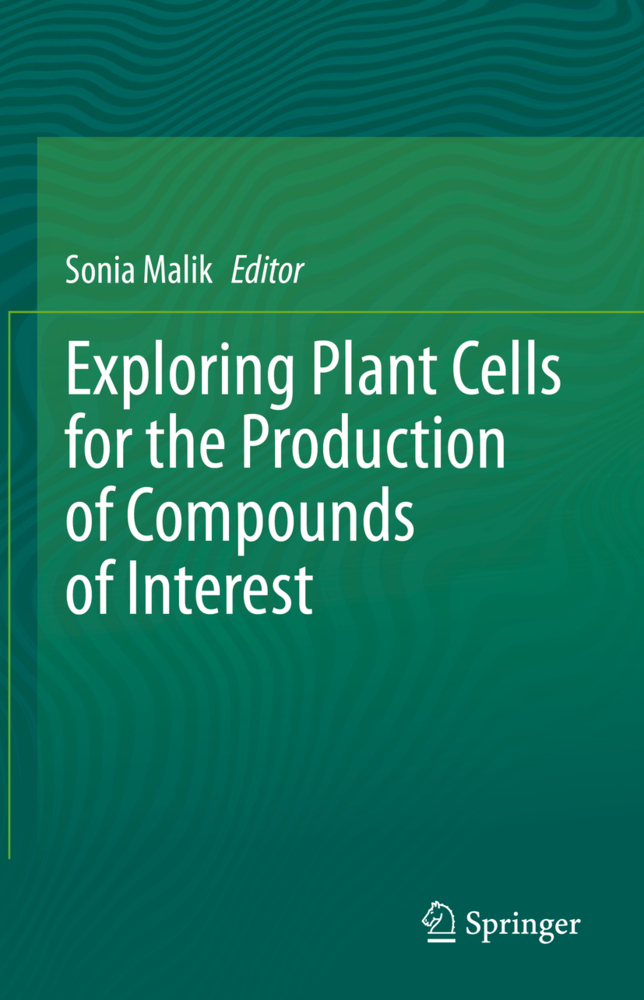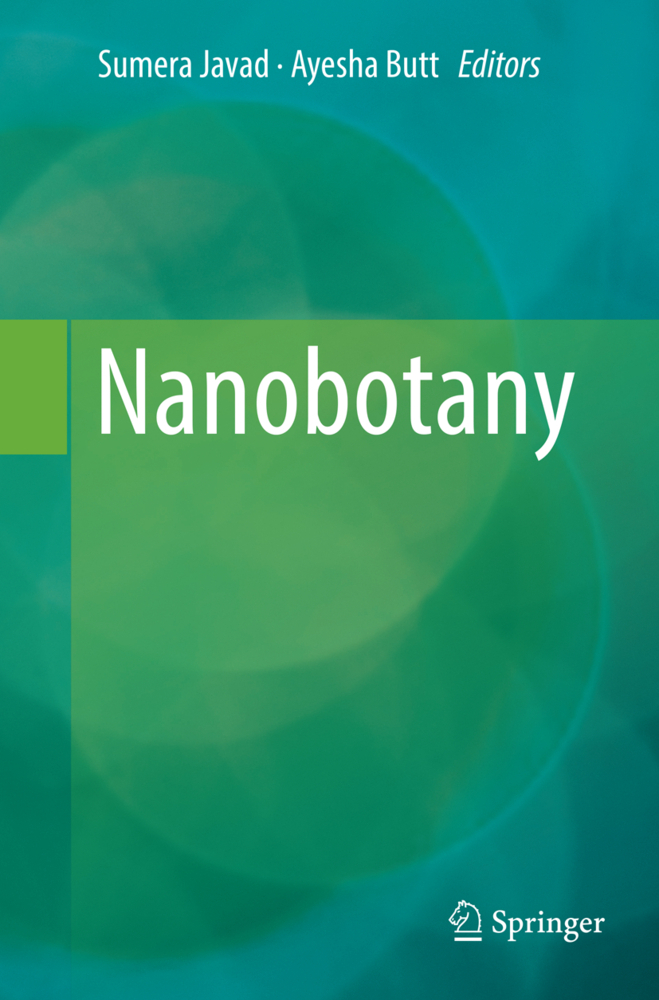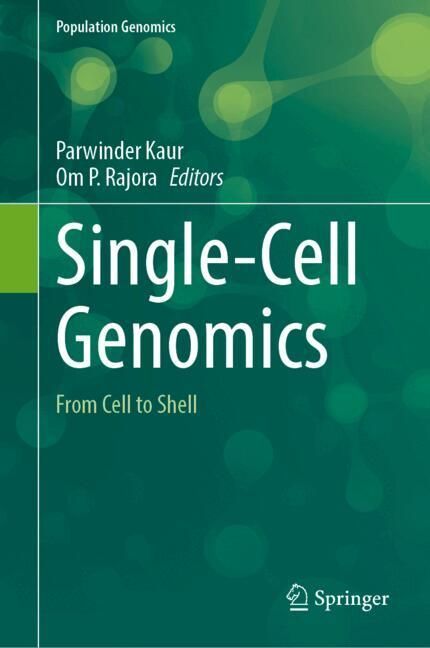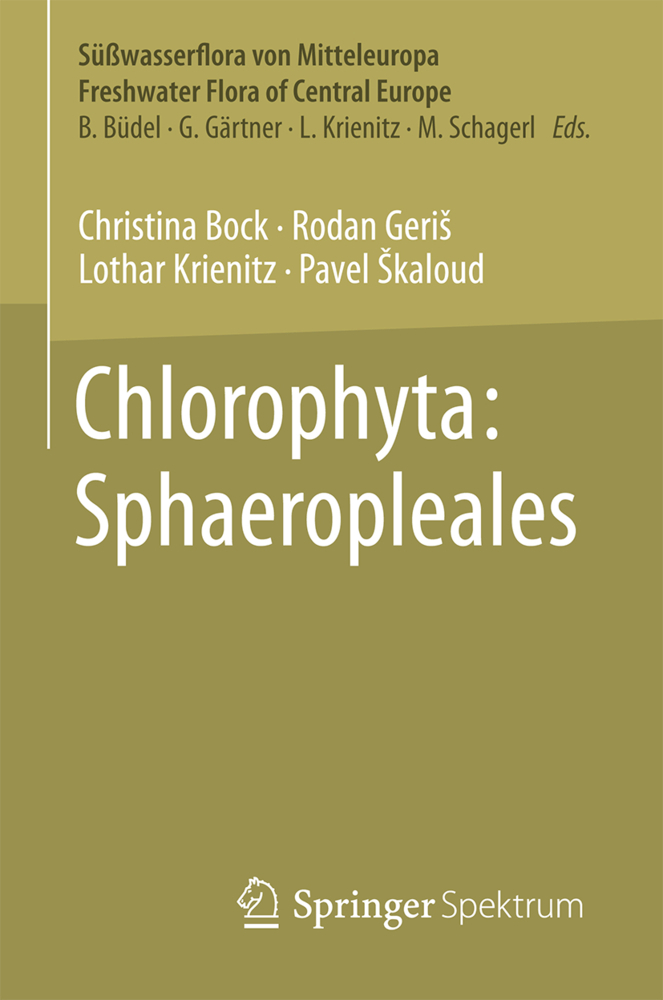Mediterranean Fruits Bio-wastes
Chemistry, Functionality and Technological Applications
Mediterranean Fruits Bio-wastes
Chemistry, Functionality and Technological Applications
Traditional Mediterranean fruits (i.e., be grapes, oranges, apples, pears, peaches, cherries, plums, figs, melons, watermelon and dates) are of major commercial and nutritional value to the region. Processing of such fruits, however, results in large amounts of bio-waste material. Efficient, inexpensive and environmentally friendly use of fruit industry waste is thus highly cost-effective and minimizes environmental impact. The natural antioxidants and bioactive compounds found in Mediterranean fruit bio-wastes could play a major role in the alleged health benefits of the Mediterranean diet, and could be used in pharmaceuticals as well as novel food applications.
This book presents a multidisciplinary forum of discussion on the chemistry, functional properties and health-promoting effects of bioactive compounds in Mediterranean fruit bio-wastes, as well as novel food and non-food applications. The text provides the scientific fundamentals of the health-promoting benefitsand applications of Mediterranean fruit bio-wastes, reviews the relevant recovery issues and explores different techniques to develop new applications. With a diversity of perspectives, from food science to environmental chemistry and horticultural research, this volume provides comprehensive, up-to-date knowledge to researchers and industry professionals working in the areas of food waste valorization.
Section 1: General Aspects
Introduction to Mediterranean Fruits Bio-wastes: Chemistry, Functionality and Techno-applicationsPotentials of Biowaste Carbohydrates in Gut Health Enhancement
Section 2: Olive Bio-wastes: Chemistry, Functionality and Technological Applications
Olive fruit by-products: from waste streams into promising source of value-added products
Anaerobic digestion technology of solid and liquid forms of olive wastes in Mediterranean area
Agronomic olive bio-waste management: Combination of olive mill wastewater (OMW) spreading and compost amendment - Effects on soil properties and olive tree performance quality
Olive waste as promising approach to produce antioxidants, biofertilizers and biogas
Section 3: Citurs Bio-wastes: Chemistry, Functionality and Technological Applications
Citrus biowastes: Applications in production and quality enhancement of food from animal sources
Valorization of grapefruit (Citrus × paradisi) processing wastes
Citrus bio-wastes: source of bioactive, functional products and non-food uses
Citrus Sinensis (Sweet Oranges) Wastes: The Orange Wealth
Tangerine (Citrus reticula L.) Wastes
Lemon (Citrus limon) bio-waste: Chemistry, Functionality and Technological Applications
Section 4: Apple and pear Bio-wastes: Chemistry, Functionality and Technological Applications
Valorisation of Apple (Malus domestica) Wastes
Apple (Malus domestica) by-products: Chemistry, Functionality and Industrial Applications
Chemistry, Functionality and Technological Applications of Pear Bio-waste
Section 5: Date palm Bio-wastes: Chemistry, Functionality and Technological Applications
Valorization of Date Palm (Phoenix dactylifera) Wastes and By-Products
Date palm (Phoenix dactylifera L.) wastes valorisation: A circular economy approach
Section 6: Bio-wastes from grape and berries: Chemistry, Functionality and Technological Applications
An Insight into the Brilliant Benefits of Grape Waste
Grape (Vitis vinifera) biowastes: Applications in egg, meat and dairy production and products
Vaccinium berry processing wastes: composition and biorefinery possibilities
Strawberry (Fragaria ananassa) Wastes
Section 7: Prunus Bio-wastes: Chemistry, Functionality and Technological Applications
Apricot (Prunus armeniaca L.) kernel: a valuable by-product
Valorization of Sweet Cherry (Prunus avium) Wastes as a Source of Advanced Bioactive Compounds
Peach (Prunus persica) bio-waste: Chemistry, Functionality and Technological Applications
Valorization of peach (Prunus persica) fruit waste
Plum (Prunus domestica) Wastes
Section 8: Cucurbitaceae Bio-wastes: Chemistry, Functionality and Technological Applications
Leveraging the Cucumis melo wastes
Citrallus Lanatus (Watermelon) Wastes: Maximizing the Benefits and Saving the Environment
Pumpkin Bio-Wastes as Source of Functional Ingredients
Section 9: Bio-wastes from Other Fruits: Chemistry, Functionality and Technological Applications
Avocado (Persea americana) wastes: chemical composition, biological activities and industrial applications
Industrial Pomegranate Wastes and Their Functional Benefits in Novel Food Formulations
Valorization of Persimmon (Diospyros kaki) wastes to be used as functional ingredients
Carob (Ceratonia Siliqua): Agro-industrial Waste and Potential Uses in the Circular Economy
Utilization of Tomato (Solanum lycopersicum) BY-PRODUCTS: AN OVERVIEW
Valorization of guava fruits byproducts: Chemical composition, bioactive components, and technical concerns to food industry.
Ramadan, Mohamed Fawzy
Farag, Mohamed A.
| ISBN | 978-3-030-84438-7 |
|---|---|
| Medientyp | Buch |
| Copyrightjahr | 2023 |
| Verlag | Springer, Berlin |
| Umfang | XIV, 855 Seiten |
| Sprache | Englisch |

